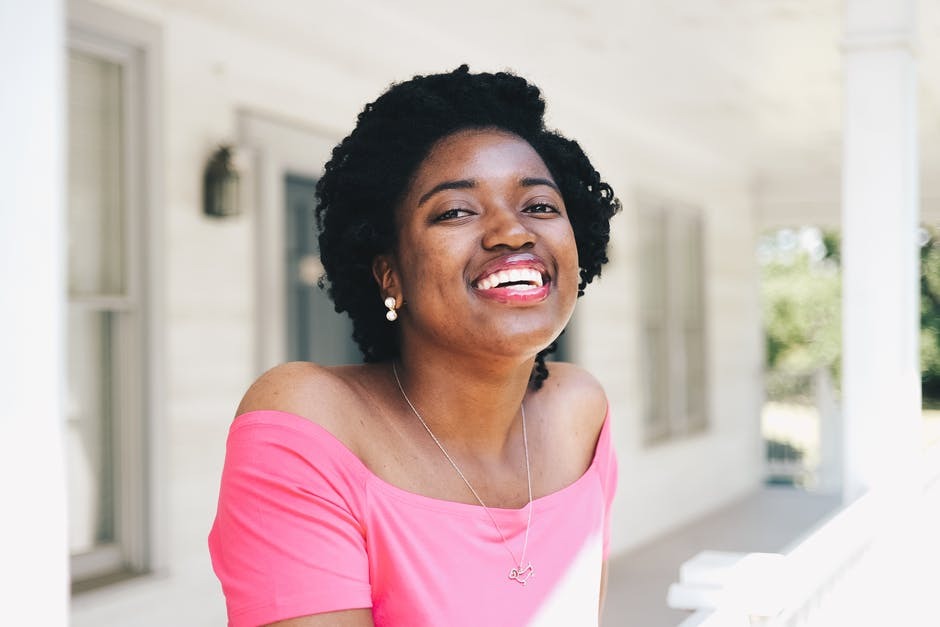The dedicated team at Newport Beach Recovery Center is here for the long haul. We do whatever it takes to help potential, current, and previous clients achieve and maintain sobriety, including:
- Providing alumni with emotional support during crisis moments
- Offering referrals and assistance locating resources
- Encouraging individuals in recovery to attend programs that fit their needs
You are more than a diagnosis or a number to us, and we will do everything in our power to help you get the support and resources you need to heal from the damaging effects of substance use disorder (SUD).
How Does Life Skill Development Improve Treatment Outcomes?
Developing essential life skills during treatment smooths the transition to aftercare by preparing you to cope with the challenges and daily stressors you will encounter once you complete the program. According to the National Library of Medicine (NLM), “Coping skills training groups (the most common type of skills development group) attempt to cultivate the skills people need to achieve and maintain abstinence.” We believe that life skills provide additional protections against relapse prevention.
Essential skills can improve your mental and physical well-being by doing the following:
- Increase self-management, self-efficacy, and self-awareness
- Build self-confidence and self-esteem
- Strengthen personal and interpersonal relationships
- Organize social and personal environments
- Encourage healthy activity and exercise
These benefits will help you navigate aftercare and ongoing recovery with a lower risk of relapse and complications. By learning to manage symptoms and build a healthy routine, you can change your home and social environments to facilitate lasting positive changes.
At Newport Beach Recovery Center, we believe everyone should access these essential skills during and after treatment. If you ever feel overwhelmed or unprepared for possible issues, you can reach out to our team, and we will help you find the support and information you need to keep moving forward in your recovery. SUD can be treated, and you can overcome any challenges you encounter in aftercare using the tools you learned in therapy.
What Are Relapse Prevention Strategies?
Aftercare relies heavily on relapse prevention and crisis management strategies. Newport Beach Recovery Center personalizes every plan to the specific needs of the client and any potential issues they might encounter when they complete treatment which means that no two strategies are the same.
A few areas that relapse prevention focuses on include:
- Learning to identify and avoid or cope with triggers
- Creating sustainable routines to maintain physical health
- Creating a support system
- Setting attainable goals
Aftercare planning and relapse prevention therapy can educate clients about the possible challenges they may encounter and how to avoid or overcome them using the tools learned in rehabilitation.
Warning Signs of Relapse During Aftercare
Relapse prevention during aftercare also relies on the client’s ability to recognize the signs of relapse. According to the United States Department of Veterans Affairs (VA), early warning signs of the relapse process can include:
- Thinking about using or fantasizing about past use
- Not reaching out for support in times of emotional need or denying the need for support altogether
- Starting to reassociate with people and places linked to past substance use
- An increase in behaviors that were common when the individual was using
- Stopping the medication prescribed for an addictive disorder
- Experiencing emotional or mental relapse
- No longer prioritizing self-care and aftercare treatment like support groups and individual therapy
- Worsening personal hygiene
- More severe cravings and other symptoms
- Unhealthy sleeping and eating patterns
Relapse is unique to each person, which means that it can accompany almost any significant life changes or alterations in behavior.
How Do Clients Contribute to Aftercare Planning?
Collaboration between clients, the care team, and family members makes aftercare effective. Clients will discuss possible issues they might encounter during the aftercare and ways to implement the tools learned in therapy. Family members can provide additional support and accountability, improving the effectiveness of aftercare planning.
What Happens After Treatment?
Newport Beach Recovery Center is here for our alumni regardless of what stage of recovery they have reached or how long it has been since they completed treatment. Client safety and health are our priority, and we are here to help each client move forward in their recovery. You matter, and you are not alone.
Why Is Aftercare Follow Through Important?
Clients are responsible for following through with the information, tools, and aftercare plan the care team provides. We cannot maintain accountability once clients graduate from our care. Aftercare follow-through is critical to continued sobriety, and the team at Newport Beach Recovery Center will do everything possible to prepare clients to take on that responsibility.
Aftercare is essential to the recovery process and ensures that clients maintain sobriety and continue to use the skills they learned in treatment. Client follow-through is critical; otherwise, aftercare can fail. You can significantly decrease the risk of relapse during aftercare by actively participating in therapy and using safety plans and relapse prevention strategies designed during treatment. The dedicated team at Newport Beach Recovery Center provides aftercare for every client, in addition to alumni services that offer additional support during continuing care. Clients are never left to navigate aftercare alone, and they can always reach out to our team for information, help, and additional treatment. We believe that addiction is not a life sentence and that you can recover and heal from the effects of substance use disorder. To learn more about our programs, call us today at (888) 850-0363 to speak with our care team.

